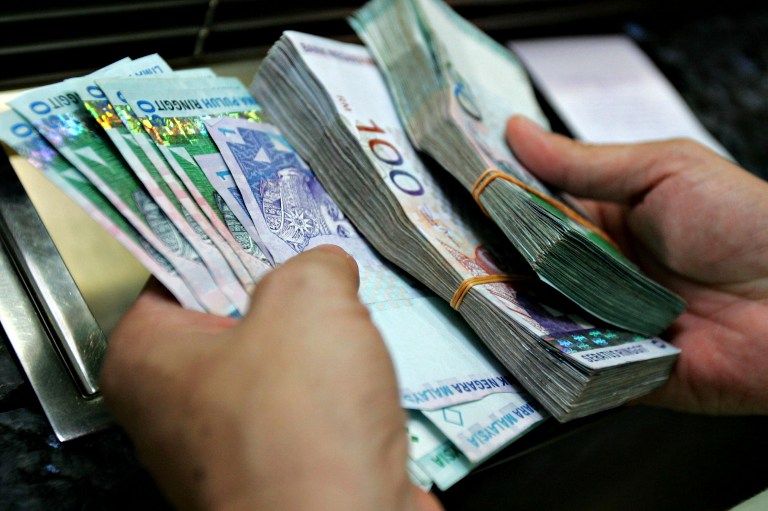KUALA LUMPUR, Jan 28 — Consumers are planning to buy big ticket items soon despite growing concerns about stagnant pay and employment, fearful that prices will spike upwards when the goods and services tax (GST) hits in April.
According to the Malaysian Institute of Economic Research, its Consumer Sentiments Index (CSI) fell by 15 points in the fourth quarter to 83 points and dipped below the 100-point threshold that signals consumers’ heightened lack of confidence in the economy.
“While consumers are concerned about their income and jobs, they are equally concerned about higher prices post-GST which is probably why they are not holding off their spending plans just yet,” the report on consumer patterns stated.
“It does not help either that prices remain high despite a decrease in petrol prices on November 19 2014,” the report read.
The report found that consumers were bucking trends by planning to splurge ahead of the new consumption tax, disregarding the negative sentiments brought about by an unstable wealth pool as well as languid job and wage growth.
MIER said that the “spirited” shopping plans of consumers in the third quarter of last year trailed into the fourth quarter with more respondents training their sights on items such as furniture, television, personal computers, with houses, cars, washing machines, refrigerators and cookers also being the favourites.
The report stated that 20 per cent of those surveyed revealed plans to purchase homes while 15 per cent have cars on their list.
But the shopping plans belie Malaysians lack of confidence in the economy, prompted by late salaries, increasing cost of living and limited job opportunities, the report said.
“In the fourth quarter of 2013, only 19 per cent of the households interviewed enjoyed better finances, while a majority 54 per cent did not experience any change, with both proportions being the lowest polled in four quarters.
“More respondents also lamented being worse off financially in the fourth quarter of 2014. Some 37 per cent responded unfavourably, the highest for the whole of 2014,” the report further read.



















